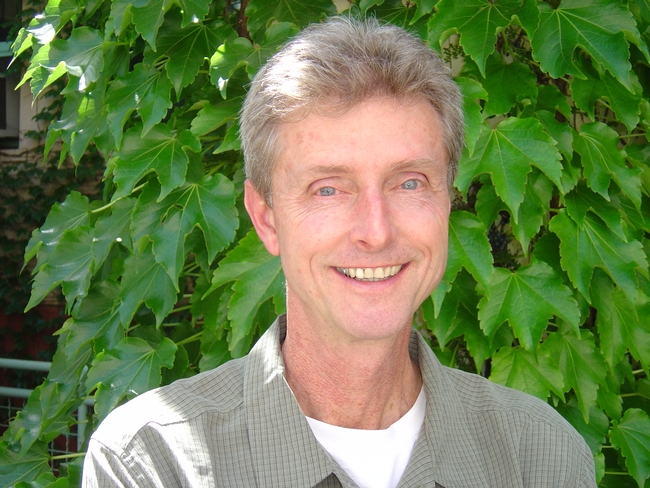Posts Tagged: Stephen Kaffka
Kaffka, partners awarded $2 million to develop biofuel
The Biodiesel Industries of Ventura was awarded $2 million grant for research and development of biodiesel fuel, according to a report by Marjorie Hernandez of the Ventura County Star.
Biodiesel Industries has partnered with Stephen Kaffka, director of the California Biomass Collaborative and UC Cooperative Extension specialist in the Department of Plant Sciences at UC Davis.
Kaffka will conduct research to develop viable biofuel feedstocks at test plots at UC Davis and in Salinas, the Imperial Valley and Five Points in the Central Valley, according to the article.
Biodico President Russell Teall said, "The goal is to develop innovative solar cogeneration, anaerobic digestion and gasification. While Dr. Kaffka will look at the agronomics, Diener will take those results and use them in a larger context. We will be able to take biomass, which can be gasified and used to make heat and power that will provide a very clean form of combustion."
Teall said the project should start in June, with various equipment in place by August or September.


